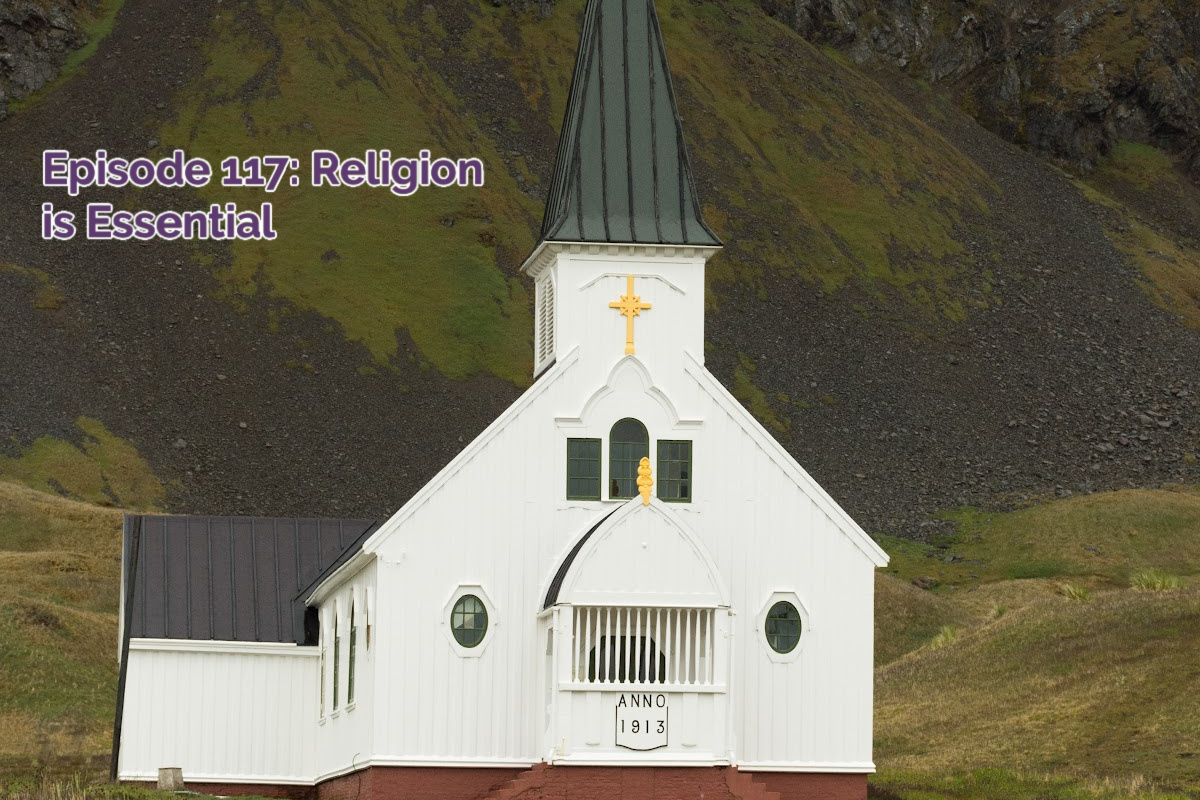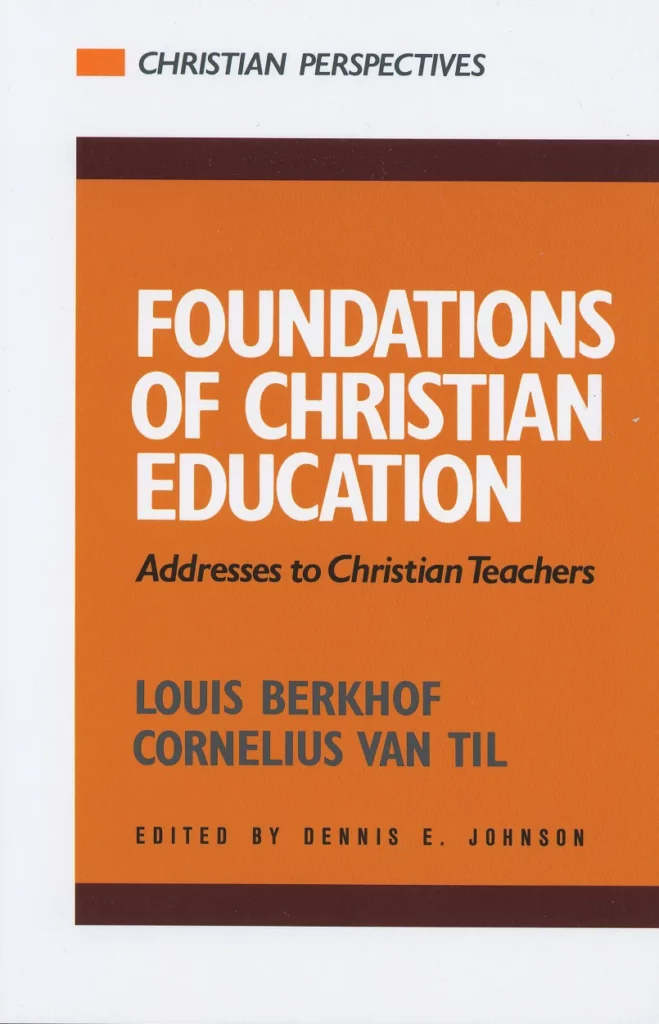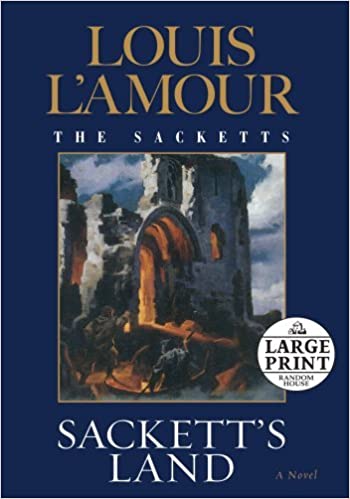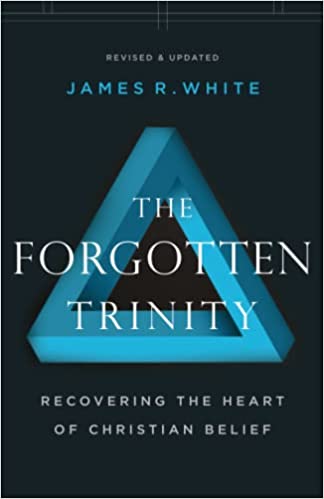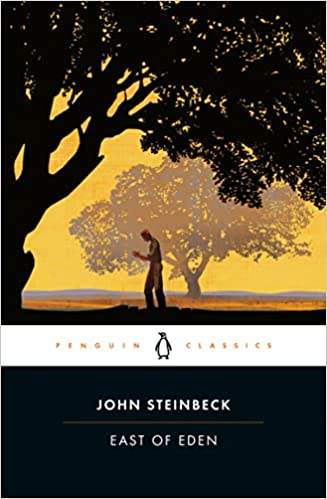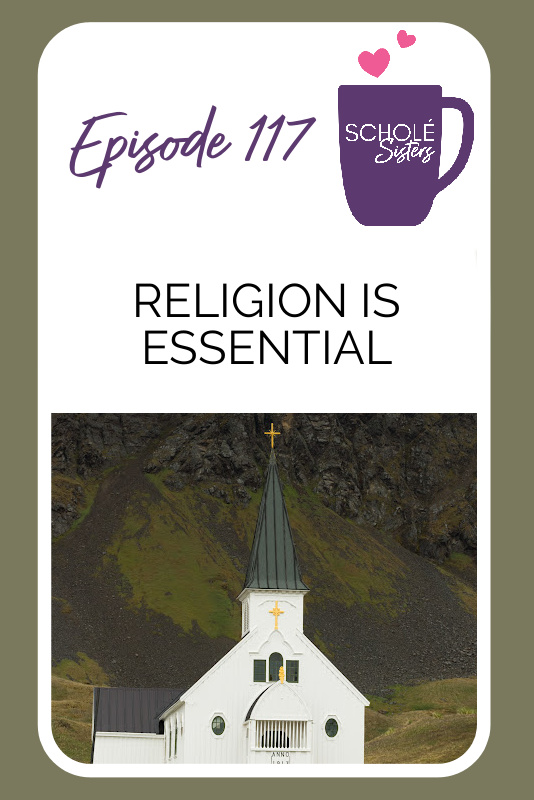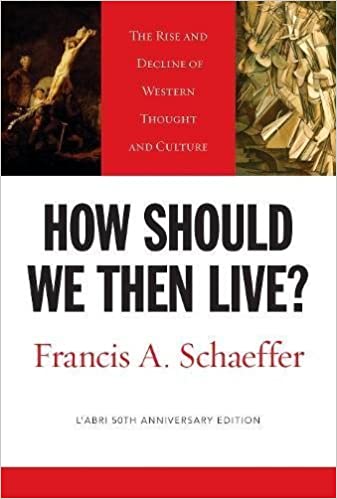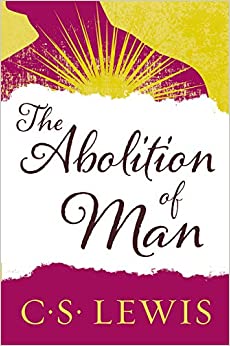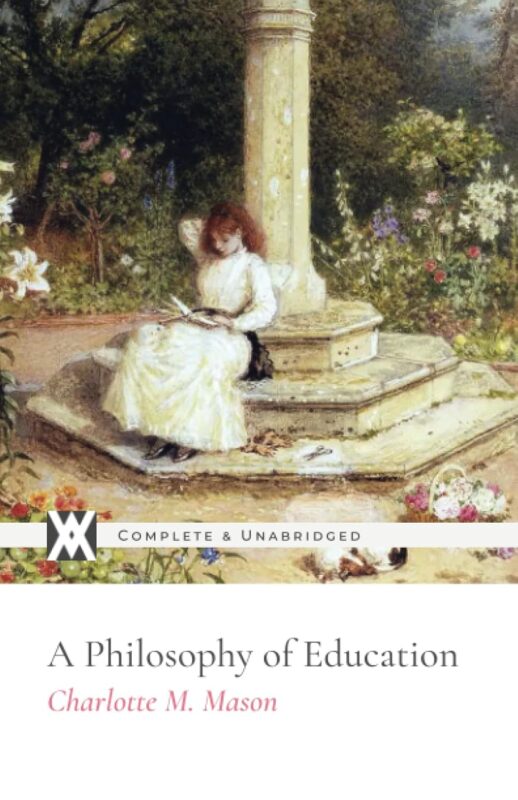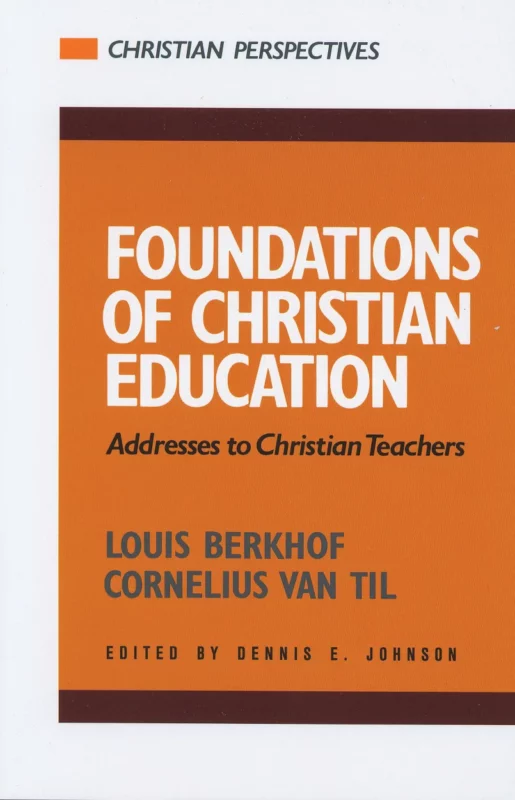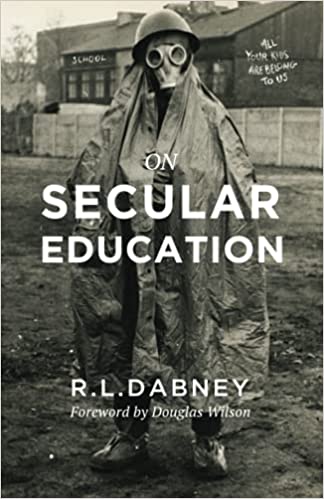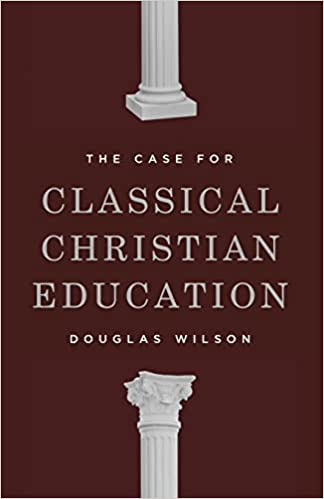SS #117 – Education is always religious
The title of this episode is “Religion is Essential.” When we say that something is “essential” we’re making a philosophical claim: we’re saying that religion is INHERENT in the educational project, that you can’t cut it out and still have education, that part of the essence of what education IS is religious in nature.
This can be a controversial thing to say because our American public schools (and I’m guessing other modernist schools around the world) make the EXACT opposite claim: they claim to offer your child a neutral, secular education. So… let’s just dive right into the deep end.
Listen to the podcast:
TUNE IN:
Apple Podcasts | Spotify | Stitcher
Religion is essential to education
Today’s Hosts and Source
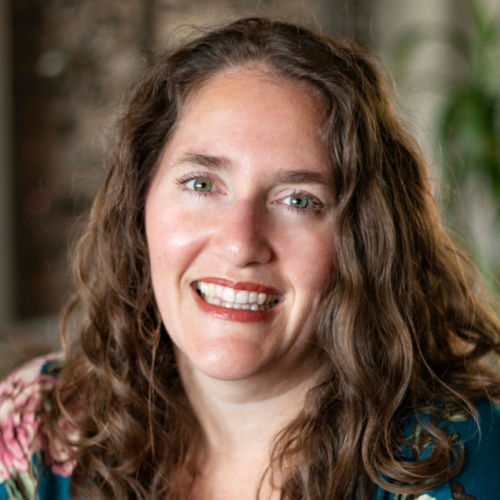
Brandy Vencel
educates her children – one of whom has graduated – with church history as a core requirement.
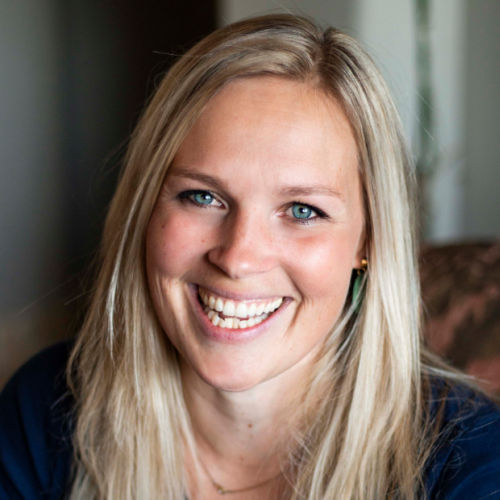
Abby Wahl
educates her children – one of whom has graduated – with character discipleship woven into every subject, every day.

Mystie Winckler
educates her children – two of whom are graduated – with preparation for corporate worship as a primary goal.
To spark and direct this episode’s conversation we read chapter 1 plus pages 29-33 of Foundations of Christian Education by Berkhof and Van Til. Berkhof and Van Til were leaders in the Christian school movement of the early twentieth century.
“The Christian, who believes that the child is the image-bearer of God, naturally proceeds on the assumption that this most fundamental truth may not be ignored in any part of his education, and especially not his school education.
“In view of the fact that the influence of the Christian home is waning, and that the church can devote only a couple of hours a week to the religious training of its youth, the school is easily the most important educational agency of the present. Is it not the height of folly even from a purely educational point of view to let the most important agency in education ignore that which is most essential and most fundamental in the life of the child?
“And can Christian parents reasonably expect their children to be imbued with a spirit of true religion if they persist in sending them to a school where for twenty-four hours a week they are taught in a spirit that is fundamentally irreligious, if not positively anti-Christian? The answer can only be a decided negative…America is today reaping in its churches what it has sown in its schools. It has sown through the secularized schools, and it is reaping a purely naturalistic religion.”
Berkhof (1930)
Scholé Every Day: What We’re Reading
East of Eden, John Steinbeck
Abby is listening to this very long novel and particularly enjoys his poetic description of a healthy mother’s pelvic bone.
Forgotten Trinity, James White
Mystie enjoyed her first theology book specifically on the Trinity (and her first James White book), and was surprised how he spent most of the book defending the deity of Christ.
To the Far Blue Mountains, Louis L’Amour
Brandy is reading the Sackett series aloud with her teens. It’s no wonder, because Plutarch is given as the second-most important book after the Bible.
Education can’t be neutral.
Religion is inherent within education. If there is no religion in your education – in any education – it might be job-training, but it isn’t education.
Education is religious by nature.
All cultures and societies before the Enlightenment and progressivism understood this fact. The religion of the cultures might be different, but the education passed on the religion, the core beliefs that explain the world, of that culture.
So we feel the tension as Christians living in the twilight of the secular age, where secularism as an ideal is all we’ve ever known or been told.
We’ve been raised to believe that the public square and public education should be a religion-free zone. While there is an element of truth in the fact that no one should be forced into a religion against his will, the project as a whole is a lie. Secularism is itself a false religion.
Pagan, Catholic, Muslim, Greek, Protestant, have all hitherto rejected any other education than one grounded in religion, as absurd and wicked.
R.L. Dabney (1820-1898)
Secular (a-religious) classical education is impossible
Van Til, in chapter 1, was not talking about specifically classical education, but simply Christian education broadly and generally, in any kind of school setting.
He says all education doesn’t have to be Christian to be education, but that all education is religious. Christians are commanded by Scripture to give their children a Christian education, a specifically, thoroughly Christian education.
There is no such thing as a secular, neutral, a-religious education, particularly when said education is classical. Classical education draws on the culture and heritage of a people, and culture also is a thing that is inherently religious. A heritage taken hold of and passed on will be bound up in religion, in fundamental beliefs about the world, mankind, and salvation.
Claims about God, man, creation, and salvation that are opposed to Scripture’s teaching comprise not neutrality, but a different religion.
Moreover, the claim that God – if He exists – doesn’t matter for education or 3/4 of your day, is a claim in itself about the nature of both God and the world.
Secularism is a religion.
Since when is being irreligious called being religiously neutral?
Secularism has its own tenets, its own explanation of the world, its own idea of salvation and glory that is antithetical to Christianity.
Secularism is the false religion of the enlightenment, and the insanity in American culture today is its fruit.
Christians should stop buying the lie that the public square is a place where God doesn’t matter, where we shouldn’t mention God because it might offend people. Where do we see that modeled for us in Scripture?
The idea that there can be areas of life – and certainly areas of knowledge and education – where God’s presence is irrelevant is itself a religious truth claim. It amounts not to neutrality, but to a different religion.
Neutrality is neutered.
To even desire a neutral education is to desire a neutered, unproductive, education. As Lewis wrote in Abolition of Man,
In a sort of ghastly simplicity we remove the organ and demand the function. We make men without chests and expect of them virtue and enterprise. We laugh at honour and are shocked to find traitors in our midst. We castrate and bid the geldings be fruitful.
C.S. Lewis
In this quote, religion – a unifying principle and objective standard outside of ourselves – is the organ without which there is no function to the education. Without an objective, nonneutral base, we cannot have virtue or enterprise.
The myth of neutrality is a lie, though it is a myth our current society is built upon. We should not set up schools built on this false myth.
Schools should not allow a division between the spiritual and intellectual
Charlotte Mason’s 20th principle addresses the philosophic problem Schaeffer called the separation of upper and lower stories. She was profoundly aware of the problems of progressive education which was on the rise and moving into activist mode in her day, and so right within her 20 principles, she opposes one of its fundamental tenets:
20. We allow no separation to grow up between the intellectual and ‘spiritual’ life of children, but teach them that the Divine Spirit has constant access to their spirits, and is their Continual Helper in all the interests, duties and joys of life.
Charlotte Mason
Even a Christian child who grows up and spends most of his waking hours in a school that does separate the spiritual from the intellectual learns a false assumption: God is irrelevant in the day-to-day life, not to be troubled with mundane details and not to be considered in daily activities.
Christians who buy the myth of neutrality end up functioning as if God is for special and private occasions only. That is completely contrary to Scripture.
Simply believing the truth isn’t enough. Does the way we live prove or contradict our profession?
So what is happening in a public education?
So is an education that purports to be religion-neutral just job-training and utilitarian or is it a ruse for a different religion?
We know, however, that even if the education is largely utilitarian, the public school system is intentionally attempting to enculturate the next generation. All education includes a paideia. If it’s not the paideia of the Lord, it will be a paideia against the Lord.
If there is no God in the center of what is taught, then man is at the center, because something must be central. Secular humanism is a not a neutral position.
Secular humanism, evolutionary theory, or Marxism all are alternate explanations for why we are here, what our purpose is, and how things work. They are alternative religious positions, even if they are without a personal god. Man is god instead.
However, objective reality requires an objective source and standard that man on his own cannot provide. Man as his own god, directing his own evolutionary trajectory has given us the abominations of the twentieth and twenty-first centuries.
So what about classical charter schools?
So can schools be both neutral, publicly-funded, a-religious and classical?
A school – including a homeschool – prioritizing their ability to receive government funds over choosing the best books and teaching truth across all subjects is prioritizing the wrong thing and ought not be entrusted with education at all.
Education ought to be the pursuit of wisdom and truth, which can’t happen if God must be ignored.
The atmosphere of godlessness
A system’s logistics, structure, atmosphere all teach just as dogmatically as its teachers and its content.
The question we should be asking isn’t if the teacher is a good person, but if the education is a pursuit of truth, goodness, and beauty. If it isn’t, it’s not going to ever arrive at truth or goodness or beauty. So where will it actually take our kids?
Christians should be willing to forgo a stake in the public dime in order to cling to the name of Christ in all things, for all things.
Education is paideia, enculturation, culture-giving. It’s not whether or not the education given will impart a culture, but only a question of which culture. Culture – which is inherently religious always – is not optional. Religion in essential to humanity, and thus to education.
Mentioned in the Episode
Listen to related episodes:
SS #150: ‘Tis the Season of Joyful Sacrifice
SS #133 – Mom Is the Magic of Christmas
SS #116 – Feasting in a time of fasting
SS #99: The Ordinary Homeschool


